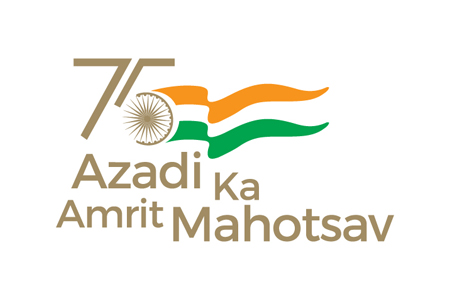Preparing for Tomorrow’s HR challenges
The human resources field is rapidly evolving due to new technology, a diverse workforce, and shifting employee expectations. It is critical to plan for these changes in order to stay competitive, attract and retain good employees, and keep the organisation strong. To address these challenges, HR professionals must learn new skills, use cutting-edge technology, and plan for the future. They must also focus on developing a positive work culture, promoting remote work, and ensuring that the workplace is inclusive and adaptable to everyone’s needs. In doing so, they can help the organisation thrive in an ever-changing world.
- Future of HR based on various roles of HR
- Technological Advancements:-
Embracing technology in HR entails utilising digital tools to make tasks easier and more efficient. AI and automation assist with repetitive tasks, allowing HR professionals to concentrate on more important work. HR technology tools, such as those used to track job applications and manage employee performance, help to streamline processes and improve the overall experience for employees and employers.
- Workforce diversity and inclusion: –
Working through workplace diversity and inclusion requires ensuring that everyone feels respected and valued. To create an inclusive workplace, you must implement rules and practices that promote fairness and equality. Managing employees of different ages can be difficult because their values and working styles differ, but this can be overcome with proper training and open communication. To effectively manage a global workforce, you must understand and respect various cultures and legal rules. The key is to make everyone feel included, effectively manage various age groups, and adapt to global differences.
- Hybrid Workforce Models: –
Adapting to remote and hybrid work presents challenges such as communication breakdowns, feelings of isolation, and balancing work and family life. To redefine company culture, businesses must develop ways to engage employees virtually, promote inclusivity, and adhere to company values. Popular remote collaboration tools in India include video conferencing apps like Google Meet, project management software like Trello, and communication tools such as Microsoft Teams. Using these tools helps you stay productive and connected in a changing work environment.
- Talent Acquisition: –
Future-proofing talent acquisition and development entails evolving recruitment strategies that use AI and data analytics to identify and engage top talent. Continuous learning and development are essential, with organisations fostering a culture of upskilling and reskilling to adapt to changing industry demands. Succession planning ensures a strong pipeline of future leaders by combining talent management and strategic goals. By implementing these practices, HR can stay ahead of industry shifts, ensuring that their workforce is agile, skilled, and prepared to meet emerging challenges effectively.
- Compliance and Ethical challenges: –
Regulatory compliance entails adhering to applicable laws and rules in order to avoid legal ramifications. Ethical issues arise when attempting to do the right thing while adhering to these guidelines. This includes dealing with conflicts of interest and ensuring that the company operates honestly and fairly. Companies must understand and apply these laws correctly while keeping their values in check. To address this, businesses should implement strong policies, train employees on a regular basis, and provide clear guidelines for ethical behaviour.
- Employee Engagement and CSR: –
To increase employee engagement, foster a positive workplace culture, recognise accomplishments, and provide opportunities for advancement. Make sure employees understand how their roles contribute to company goals and promote open communication. Adopt environmentally friendly practices, support community projects, and ensure ethical sourcing to promote sustainability and CSR. Being open and honest about these efforts fosters trust and aligns with employee values, potentially leading to increased motivation and commitment. When employees see that their company cares about the environment and society, they are more likely to be engaged and dedicated.
- Strategic HR leadership and Crisis management:-
Strategic HR leadership involves aligning HR practices with organizational goals, fostering a culture of innovation, and guiding change. Effective decision-making requires analyzing data, understanding business needs, and anticipating future trends. Crisis management entails swift, strategic responses to disruptions, focusing on communication, resource management, and employee support. Future preparedness involves proactive planning, risk assessment, and developing resilient strategies to adapt to emerging challenges, ensuring organizational stability and growth.
CONCLUSION: –
The human resources field is rapidly changing due to technological advancements, a diverse workforce, and shifting employee expectations. To remain competitive, HR professionals must learn new skills, utilise technology, and plan for the future. Fostering a positive work culture, allowing for remote work, and ensuring inclusivity are all top priorities. AI and other technological tools can help to streamline HR tasks, whereas diversity and inclusion necessitate respect for all cultures and adherence to legal requirements. Employee engagement and inclusivity are challenged by hybrid work models. AI and data analytics, continuous learning, and succession planning are all part of future-proofing talent acquisition strategies. Compliance, ethical practices, and strategic leadership are critical for aligning HR with organisational goals and facilitating change.


